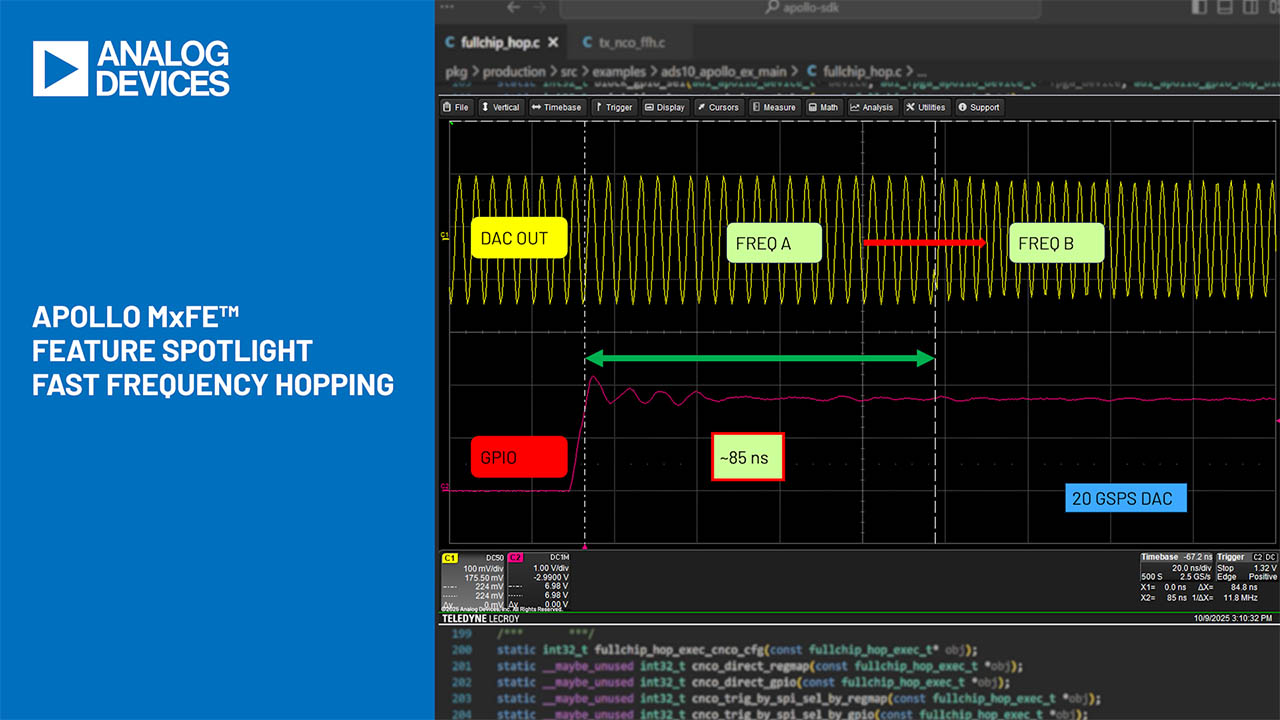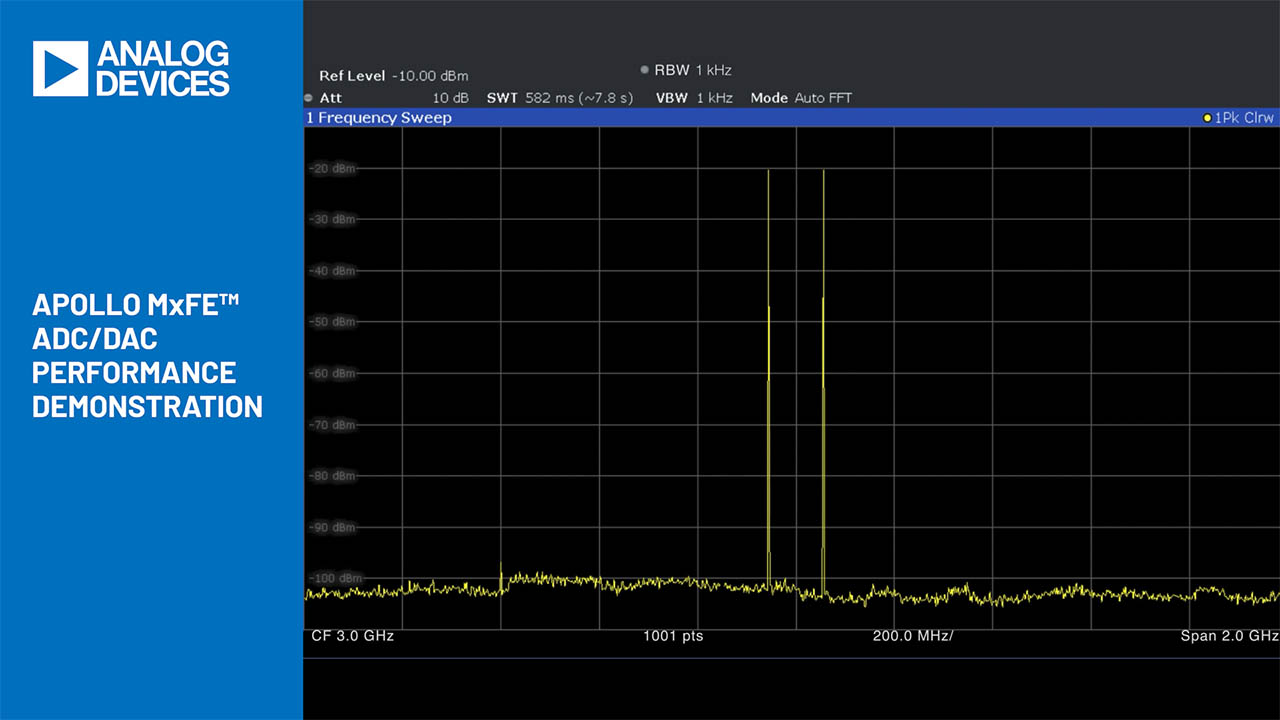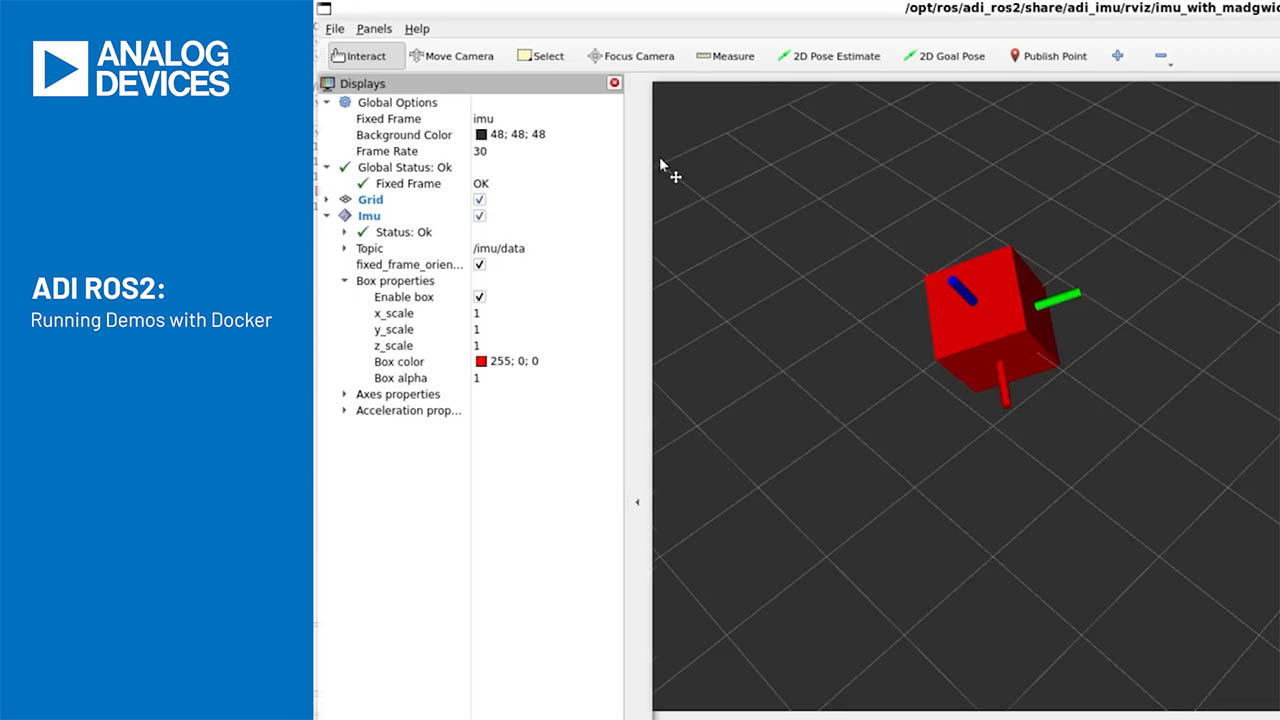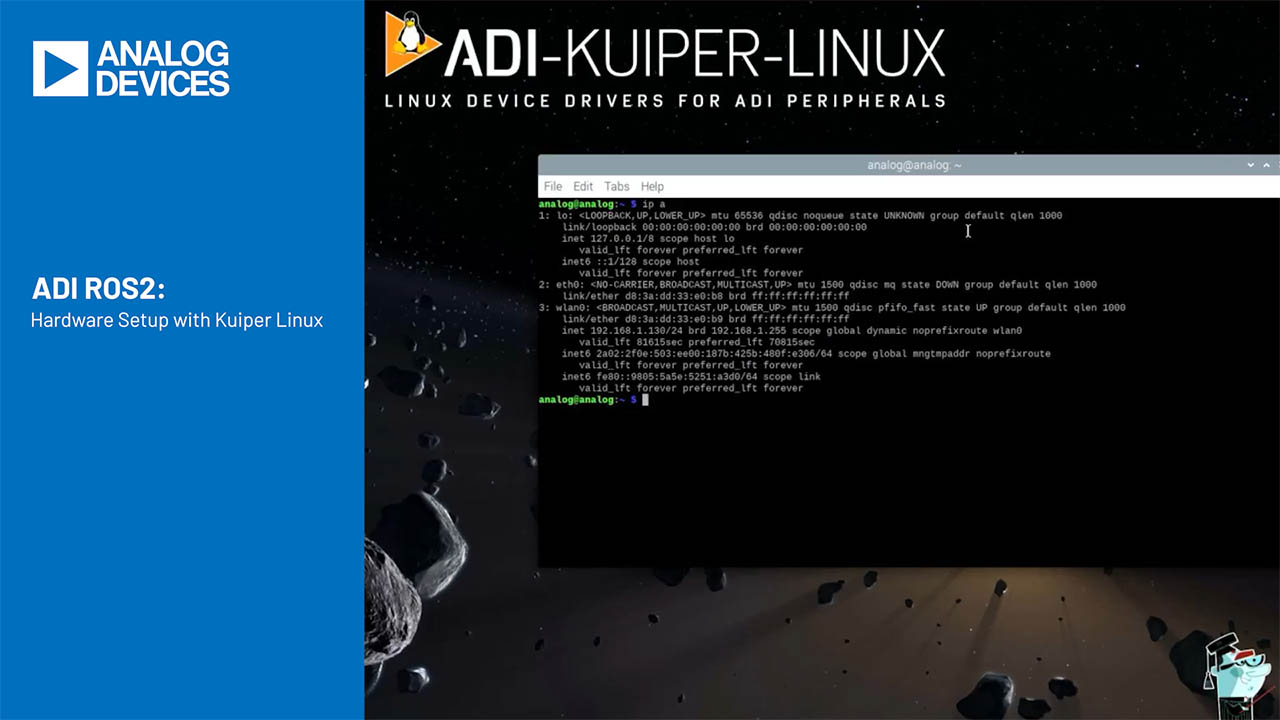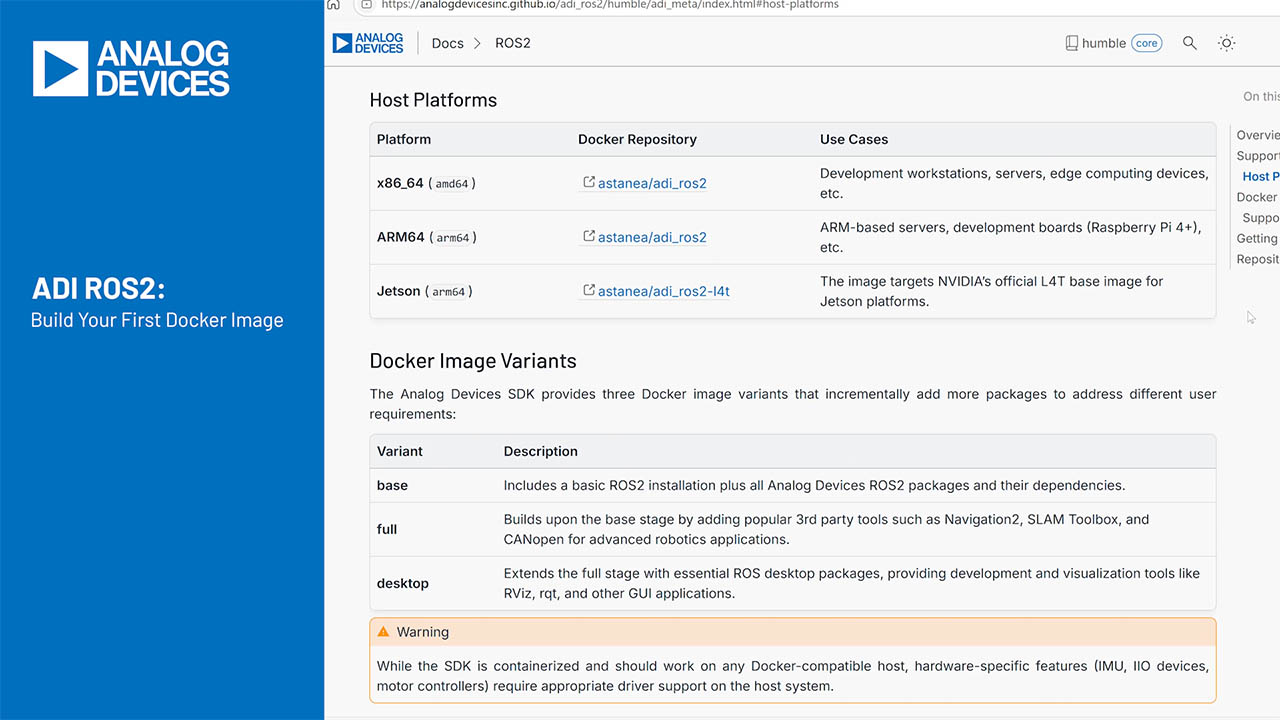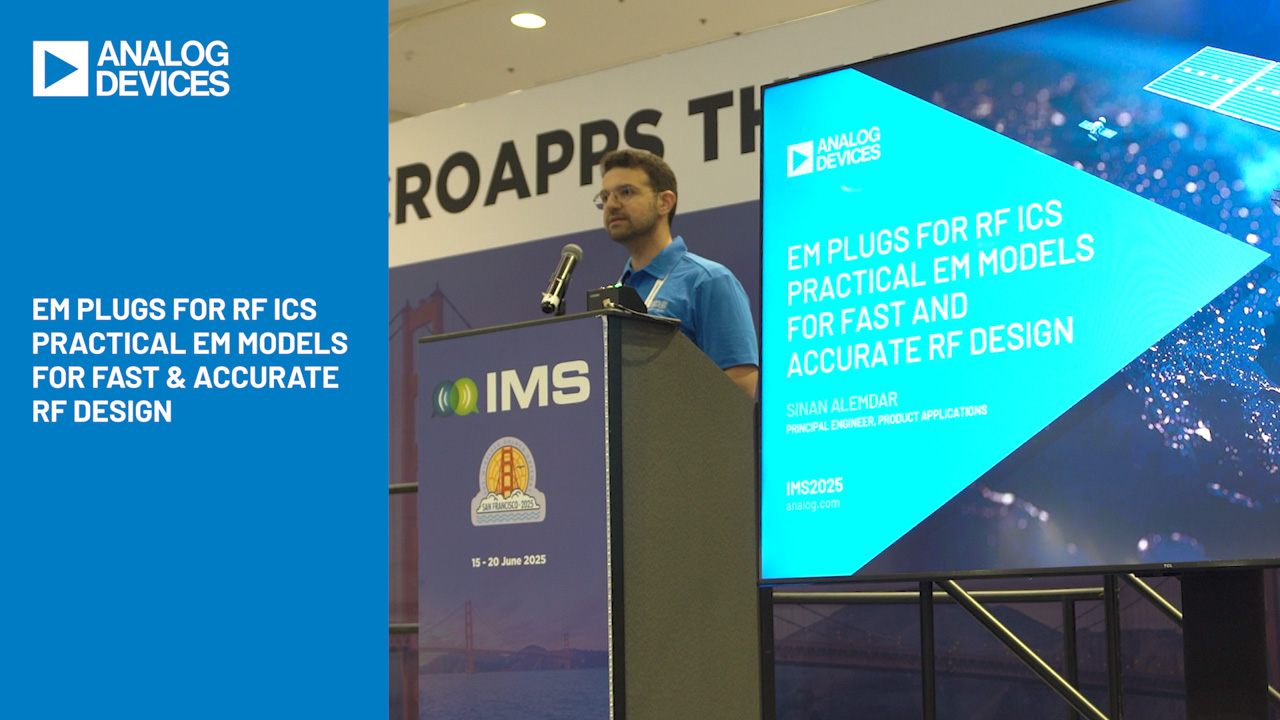LTspice: Modeling Constant Power Loads
There are several types of constant loads used in simulating a power supply system: constant resistance, constant current and constant power loads. For instance, a constant current load dynamically adjusts its resistance as the load voltage varies, such that the load current remains constant, I = V/R. Constant resistance and constant current loads are available as dedicated symbols in LTspice, while a constant power load is available via the arbitrary behavioral source.

Constant Resistance, Constant Current and Constant Power Loads
A constant power load is designed to dynamically adjust the load current inversely with the load voltage so that the load power is constant, P = VI. It is this inverse property of a constant power load that is often useful in stability analysis of simulations like those of a switching mode power supply.
Normally, arbitrary behavioral voltage and current sources are defined by the syntax of V = <expression> or I = <expression>. However, you can modify either of these behavioral source symbol attributes to define a constant power load, P = <expression>. It does not matter which arbitrary (current or voltage) sources symbol you use for the expression, since the syntax (V, I or P) describes the behavior, not the symbol.
In the schematic shown, a DC source sweep analysis is performed to plot the characteristic curves.

DC Source Sweep Analysis of a Constant Power Load, B1
Shown here are the current and instantaneous power in the constant power load, B1, vs voltage. (To plot instantaneous power, Alt-Left Click a symbol.)

Output Current (blue) and Instantaneous Output Power (red) vs Output Voltage
Notice that the waveform shows the constant power load smoothly transitioning from a constant power load to zero watts at zero volts. This prevents the constant power load from drawing infinite load current as it nears zero output voltage. This foldback point is by default set to 1V, but can be modified by using the vprxover parameter.

Schematic of a Constant Power Load using a DC Source Sweep Analysis and a .STEP Command of the VPRXOVER Parameter
The schematic above uses the .step command to perform repeat simulations of the vprxover parameter with waveform results shown here for comparison.

Waveform of Constant Power Load with VPRXOVER Parameter of 1V and 3V



